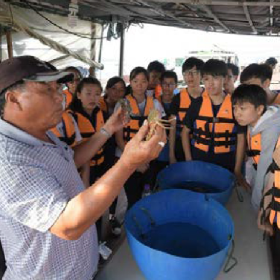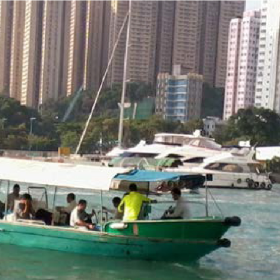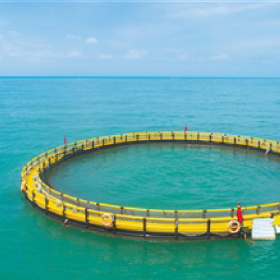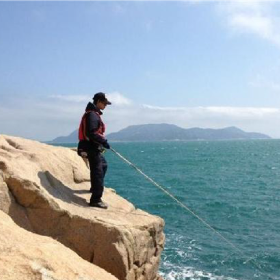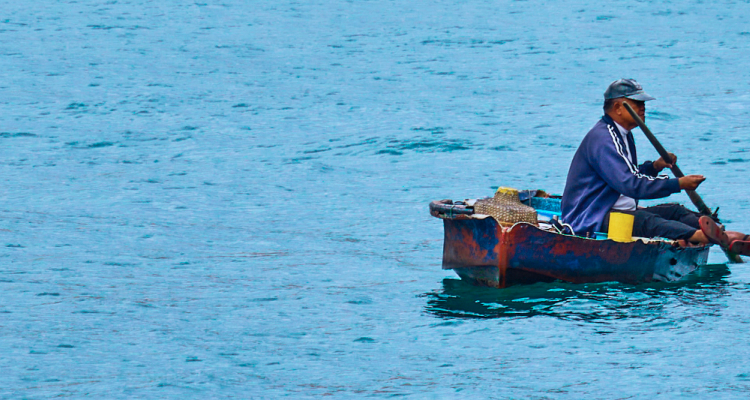What are Recreational Fisheries?
Recreational fisheries are new types of fisheries that combine with recreation to provide a full range of products and services through effective reorganization and reallocation of fishery resources, including fishing villages, fishery production resources, fishing methods and gear, fishery products and related goods, fishery ecology, humanities resources, and more, to integrate the fishing industry with leisure, tourism, ecological construction, cultural heritage, popular science and the food industry.
-
1
Utilization of fishery resources for product and service development
-
2
Supply of products and services for leisure purposes
-
3
Emphasis on the fishing element, for example, fishing villages, fishing industry, fishing culture, fishing methods and gears, fishery products, etc.
Source: Management Measures of Guangdong Province on Recreational Fisheries
Recreational Fisheries
Leisure and Entertainment
Ecological Development
Cultural Inheritance
Culinary Delights
Sightseeing and Tourism
Science
Types of Recreational Fisheries Activities
A. Seafood from fishing villages: traditional seafood cuisine, fish market tours, seafood purchase, etc.
B. Education and culture: educational demonstrations for fisheries promotion, culture of fishing villages, history of fisheries, temple fairs and festivals, etc.
C. Sports and leisure: sea fishing, rock fishing, diving, beach sports, fishing port visits, etc.
D. Fishery experience: aquatic product processing, life in a fishing village (e.g. fishing net weaving, fish drying, boat repair, and casual conversations between fisherfolks), etc.
E. Eco-tourism: appreciation of nature, such as oceans, intertidal zones, river mouths, mangroves, etc.
Recreational fisheries provide leisure activities for people to relax their minds and bodies, to learn and to grow spiritually. “All rivers run to the sea.” On the sea, people can break free of their narrow mindsets and feel the limitless world we are all born to enjoy. By understanding fisherfolks’ traditional lifestyle, e.g., their knowledge of the regularity of tides and currents by the moon and star observation, and usage of fishing tools, we can experience the ancient wisdom of connecting with nature.
(Source: Che-Yuan Huang, 周清和 (2005). 休閒漁業之永續經營 (Sustainable Management of Recreational Fisheries). Taiwan: Taiwan Agricultural Research Institute, Chinese Sustainable Agriculture Association)
- Fishery experience programs (Fisherfolk cultural sharing, fisherfolk cultural and ecological guided tours, fish raft visits, demonstration of fishing operations, fish market visits, etc.)
- Boat trips by fisherfolk to go boat fishing, squid fishing, boat tours, etc.
- Recreational fishing experience on fish rafts; fishing village visits to understand and experience fisherfolk culture
- Fisheries Hall and Fishermen Museum visits
- Fish farm visits
- Recreational fishing (boat fishing and pond fishing)
- Fisherfolk cuisine
- Fishery experience programs
- Fisherfolk culture (fishing village and fishing port visit, fisheries museum visit, fisherfolk festivals)
- Popular science of fishing
- Recreational fisheries activities on sea ranches
- Ornamental fish keeping and watching
Source: Agriculture, Fisheries and Conservation Department
